Summer Reading
It is as sure a sign of summer’s imminent arrival as flowers blossoming and later sunsets: the assignment of summer reading.
Since I started teaching, I have come to love summer reading. It offers a delightful reminder to escape into another world, an opportunity to learn something new, or simply a chance to hear a story you’ve heard before told with a new twist. Summer reading also serves as an early reminder of what comes nexta new grade, a new opportunity, a new understanding.
Here at Belmont Day, summer reading is not assigned singularly to the studentsin a community of lifelong learners, faculty and staff join in as well. Summer reading can be predictive. What lies ahead for the school? In what direction is it headed? What has piqued the interest of teachers and administrators? How might our book selection serve equally as enjoyable read and crystal ball?
Last year, BDS educators read texts regarding anti-bias and cultural competency that launched a close investigation of our practices around diversity and inclusion work as a school. We welcomed Rosetta Lee to campus in the fall and have been participating in monthly race-based discussion groups for faculty and parents since February. Summer reading helped to frame this work and set us on an important path that will continue forward into the future. So, what awaits this summer?
As we consider the impending construction of The Barn and the classrooms it will hold, we have our eyes keenly trained on the so-called ‘innovation studio.’ Innovation has been a buzzword in education for the past few years and is interpreted widely. In an effort to refine what it means for us at Belmont Day, we will be diving in this summer with texts that explore the mindset of innovators, the genesis of the design thinking movement, what innovation looks like in education and how it can blend with some of the educational methodologies that have always existed. It is my sincere hope that this year’s summer reading provides a similar launching pad for our work in innovation as it did for our diversity work.
Finally, knowing summer is a time to relax, restore, and lose myself in a good book, I have, for many years now, taken on a self-imposed challenge: read a book each week from Memorial Day to Labor Day. 13 weeks. 13 books. I welcome anyone to join me in this effortstudents, parents, and colleagues alike. There is nothing quite like summer. And nothing quite like losing yourself in a good book.



